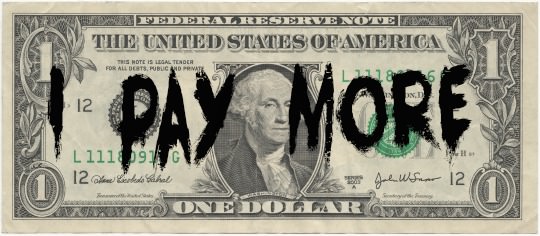
- There are no deals. If you think you are getting an experienced person at a reduced price, there is a reason that that candidate is not working at their market rate. This does not mean that early in a person’s career you can’t find a gem, but later to retain that person, the company will have to pay market rate. If a small business can’t afford a person at their full rate, see if they can be hired part time.
- Churn is expensive. One of the most expensive things for a company is to constantly be replacing their staff. The cost can be as high as 25% of their compensation. Any churn rate higher than 33% can be disastrous for a business. One of the reasons people leave is because they can make more money somewhere else. Make sure that does not happen.
- Golden handcuffs are effective. When I worked at a computer consulting firm in the early 1990s, they always paid 15- 20% more than their competitors. Although it was a stressful place to be, people stayed and worked hard because it was tough to leave that kind of money. The extra pay kept them there.
- Great people cost money to get results. This is a fact of business. If a company wants to get great results from people, they will need to pay them well. While paying more does not always mean you get great people, it’s a good general rule to follow.
This may sound silly, but the difference to the company to pay people very well is inconsequential to a growing business. If there is a payroll of $1M in a $3M company, to pay well at $1.2M really will not make a difference if the business gets great results.
